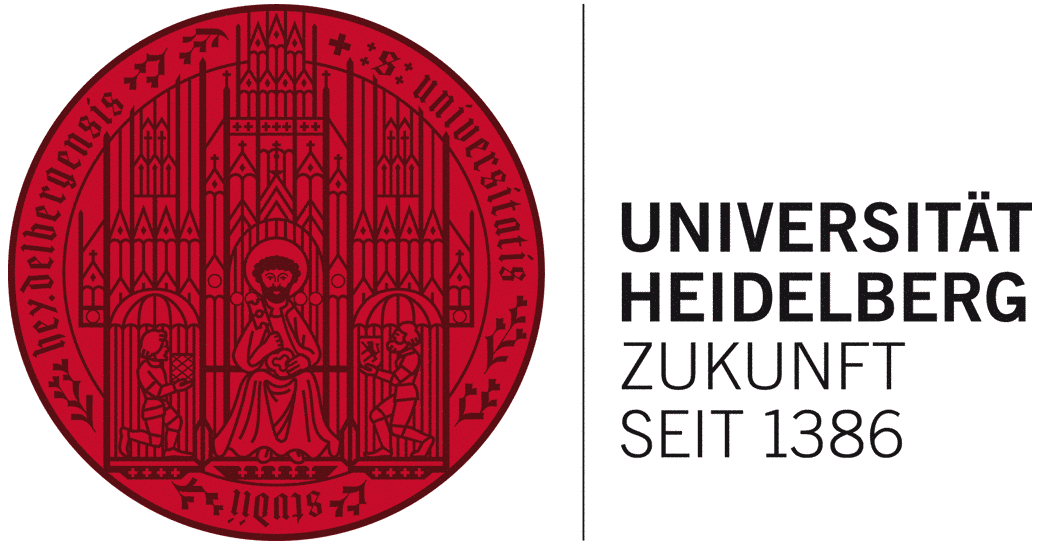The history of the Institute for Diaconal Studies
The history of the DWI:
Nine years after WW II had ended, the Institute for Diaconal Studies was established. In 1954 it was founded by the University of Heidelberg with the help of Protestant regional churches and their respective social service agencies. It was implanted into the School of Theology by a contract between several regional churches, the "Evangelische Hilfswerk", a protestant post-war social service institution, and the University of Heidelberg.
The Roman-Catholic "Caritaswissenschaftliche Institut" in Freiburg, which is part of Freiburg University, can be compared in some ways to the DWI. Its predecessor-institution was also founded in 1925, closed down by the Nazis in 1937/38 and reestablished shortly after WW II.
The directors of the institute: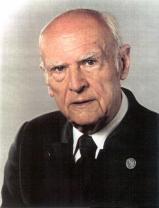
1) Herbert Krimm (1954-1970)
In 1954 Herbert Krimm, who was one of the leading figures of the "Evangelisches Hilfswerk" and involved in founding the new institute, became its first director. He stayed until 1970. Krimm was a man of broad practical experience and promoted diaconal aspects in the local church as a positive and motivating for society.
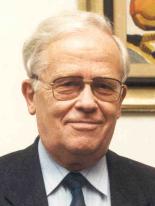
2) Paul Philippi (1971-1985)
His long-time assistant and successor was Paul Philippi. Philippi`s directorship lasted from 1971 to 1985. His understanding of diaconal work can be characterized as "christological-ecclesiological". According to Philippi it is the congregation that attends to social problems.
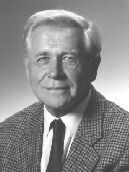
3) Theodor Strohm (1986-2000)
From 1986 to 2000 Theodor Strohm was the institute`s director. Inspired by his teacher, Heinz Wendland, Strohm`s understanding of diaconal work is based on experiences of the ecumenical movement. For him the concept of the `Responsible Society`is central.

4) Heinz Schmidt (since 2001)
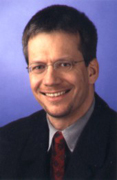
5) Johannes Eurich (since 2009)
Since 2009 Johannes Eurich has been the director of the DWI.

